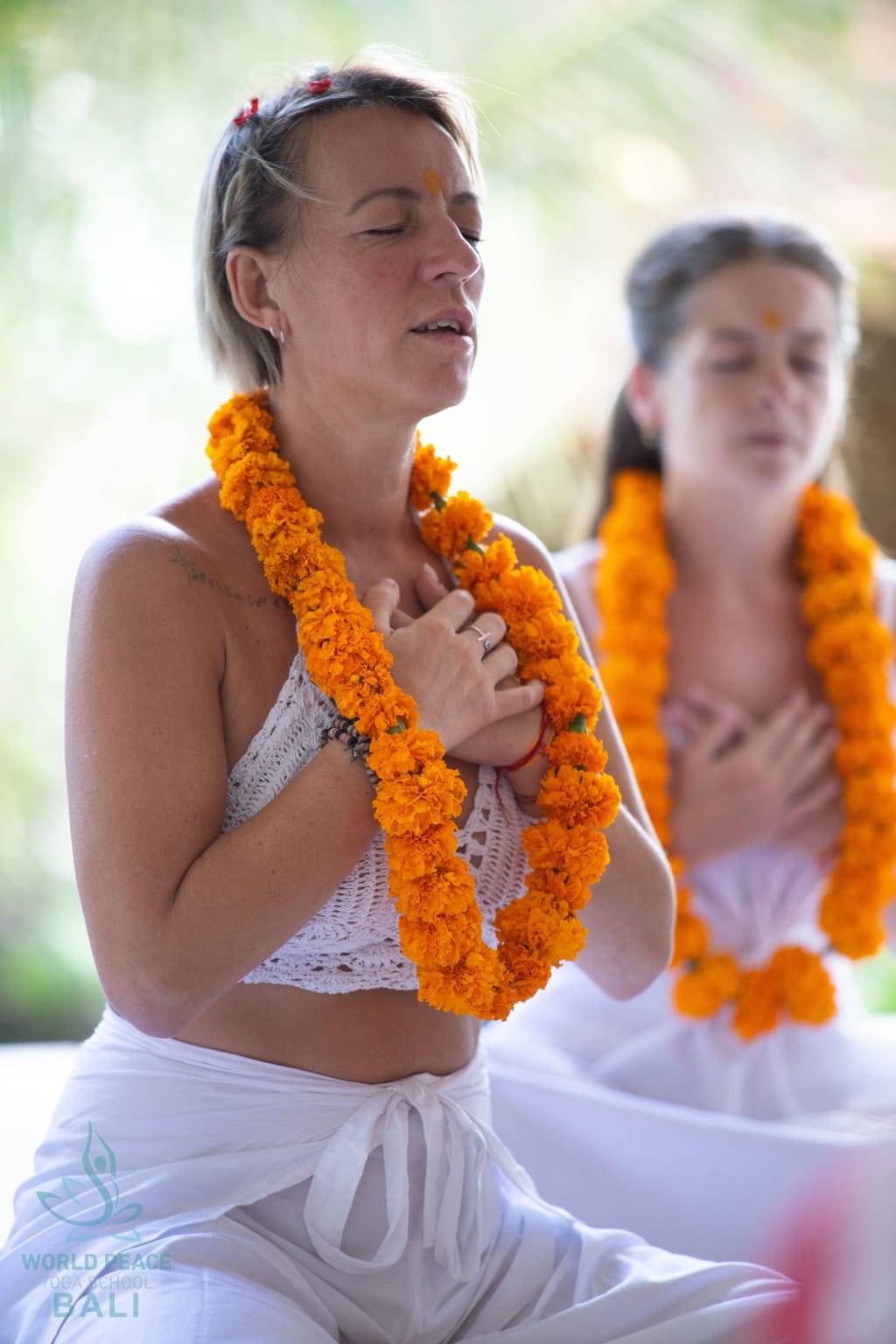In today's fast-paced world, anxiety and depression have become common challenges. Many people experience the overwhelming pressure of daily life, leading to mental and emotional struggles. Fortunately, yoga offers a natural and holistic way to manage these conditions. At Maa Shakti Yog Bali, a renowned Yoga Teacher Training School in Ubud, Bali, we’ve seen firsthand how the ancient practice of yoga can bring peace, balance, and relief to those battling anxiety and depression. In this post, we'll explore how yoga can be an essential tool in combating these mental health issues.
Understanding Anxiety and Depression
Anxiety and depression are two of the most common mental health conditions. While they are different, they often occur together. Anxiety usually manifests as feelings of worry, restlessness, and fear, while depression brings about sadness, hopelessness, and a lack of interest in daily activities.
Western medicine often treats these conditions with therapy or medication, but yoga provides an alternative or complementary approach. Yoga doesn’t just target the mind or body separately—it unites them, helping to achieve overall well-being.
How Yoga Addresses Anxiety and Depression
Yoga is more than physical exercise; it’s a comprehensive practice that combines movement, breathing techniques, and meditation to bring balance to both body and mind. Here’s how it can help alleviate anxiety and depression:
1. Promotes Mindfulness and Awareness
Mindfulness is one of yoga’s key components. It encourages you to stay present in the moment, which is incredibly helpful when you're feeling overwhelmed by anxiety or sadness. Regular practice helps train the mind to focus, reducing the scattered thoughts and worries that often accompany these conditions. By staying connected to the breath and body, yoga helps calm the mind and manage negative emotions.
2. Breathing Techniques (Pranayama)
Breathing exercises, known as pranayama, are an integral part of yoga. Controlled, deep breathing triggers the parasympathetic nervous system, which reduces the body's stress response. In moments of anxiety, deep breaths can slow down the heart rate, soothe tension, and provide a sense of control. The simple act of focusing on your breath can work wonders for mental clarity and emotional stability.
3. Physical Movement and Energy Release
The physical postures (asanas) in yoga allow the release of stored tension and stress in the body. Yoga asanas stretch and strengthen muscles, improving circulation and releasing endorphins, which are natural mood elevators. Gentle and restorative yoga practices, such as Hatha or Yin Yoga, are especially effective for individuals suffering from anxiety or depression, as they focus on slow movements and relaxation.
4. Balancing the Nervous System
Yoga helps regulate the nervous system by promoting relaxation and reducing the "fight or flight" response often triggered by stress and anxiety. Through regular practice, yoga increases resilience to stress, allowing you to handle life's challenges with a calmer, more balanced mind.
5. Encourages Emotional Release
Certain yoga postures, like heart-opening poses (such as backbends), help release trapped emotions and promote healing. These postures stretch and open areas of the body where emotional tension is commonly stored. Releasing these emotions can help alleviate symptoms of depression, providing a sense of relief and emotional lightness.
6. Supports Better Sleep
Anxiety and depression often disrupt sleep, leading to insomnia or restless nights. Yoga encourages relaxation and improves sleep quality by calming the nervous system, releasing muscle tension, and reducing mental overactivity. A simple bedtime yoga routine, including gentle stretching and deep breathing, can significantly improve your ability to fall and stay asleep.
Yoga Styles Beneficial for Anxiety and Depression
At Maa Shakti Yog Bali, we offer a range of yoga styles that can specifically support individuals dealing with anxiety and depression:
Hatha Yoga: This traditional form of yoga focuses on gentle postures and breathing techniques, making it ideal for beginners or those seeking relaxation.
Yin Yoga: A slower practice that involves holding postures for extended periods, Yin Yoga helps release deeply stored tension and emotions.
Vinyasa Yoga: A more dynamic style, Vinyasa links breath with movement, encouraging both physical and mental flow, helping to ease stress and anxiety.
Meditation and Mindfulness: Both practices are integral to our yoga courses and provide essential tools for grounding the mind and calming anxious thoughts.
Conclusion: Yoga as a Path to Inner Healing
Yoga offers more than just physical benefits—it provides mental and emotional relief that can be transformative for those suffering from anxiety and depression. At Maa Shakti Yog Bali, we’ve seen how consistent practice leads to better emotional health, improved resilience, and an overall sense of peace and well-being.
Whether you're a beginner or an experienced practitioner, yoga has the potential to guide you toward inner healing. The journey may not be instantaneous, but with patience and regular practice, yoga can help you overcome the challenges of anxiety and depression and lead you toward a more peaceful and balanced life.
If you’re looking to deepen your understanding of yoga’s role in mental health, we invite you to join us at Maa Shakti Yog Bali in Ubud, Bali, for one of our yoga teacher training courses. Not only will you experience the healing power of yoga firsthand, but you’ll also learn how to share its transformative benefits with others.


